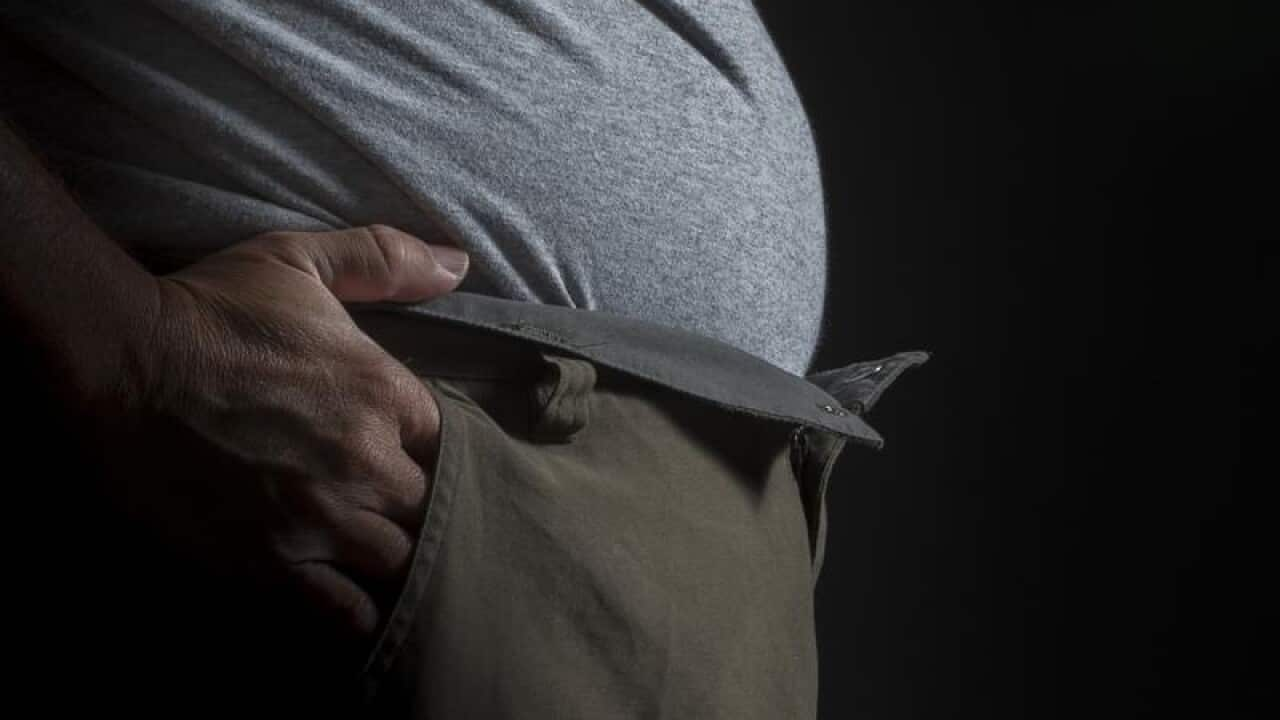A weekly round-up of news affecting your health
VITAMIN D
Having a larger waistline has been linked to a higher risk of vitamin D deficiency.
Vitamin D is essential for good bone health and recent research suggests a deficiency could also impact respiratory and cardiovascular health.
According to data presented at the European Society of Endocrinology annual meeting in Barcelona this week, higher levels of belly fat are associated with lower vitamin D levels in obese individuals.
With approximately two-thirds of adults either overweight or obese, vitamin D deficiency represents an emerging health problem, the researchers say.
For the study, researchers at VU University Medical Center Amsterdam examined how the amount of total body fat and abdominal fat measured in participants of the Netherlands Epidemiology of Obesity study related to their vitamin D levels.
After adjusting for a number of possible influencing factors, including chronic disease, alcohol intake and levels of physical activity, they found that the amounts of both total and abdominal fat were associated with lower vitamin D levels in women, although abdominal fat had a greater impact.
In men, abdominal fat and liver fat, were associated with lower vitamin D levels.
The researchers suggest people who are obese should consider having their vitamin D levels checked regularly.
SPERM
Trauma suffered in childhood can have a lasting impact on a man's health, and the health of their unborn children, according to a new study.
It's known that exposure to early life trauma can lead to poor physical and mental health in some individuals.
Researchers at Tufts University School of Medicine say they have shown, for the first time, that the physical and mental effects of early life stress can be passed on to children through a man's sperm.
A study of 28 men, published in journal Translational Psychiatry, found exposure to childhood trauma changed sperm mIRNA levels - chemicals related to gene regulation.
"The study raises the possibility that some of the vulnerability of children is due to Lamarckian type inheritance derived from their parents' experiences," said Larry Feig, Ph.D., professor of Developmental, Molecular and Chemical Biology at Tufts University School of Medicine.
Lamarckism is the hypothesis that an organism can pass on characteristics that it has acquired during its lifetime to its offspring.
The researchers are now working on a larger study in men with the hope of finding a way to restore low miRNA levels in men exposed to extreme trauma.
ANTIDEPRESSANTS
The prolonged use of antidepressants may increase the risk of weight gain, a study has found.
Researchers in the UK analysed the impact of antidepressant use among a group of 300,000 adults who were monitored for 10 years.
Compared to those not medication, they found for every 59 people taking antidepressants, one extra person would gain at least five per cent of their weight.
The risk of weight gain was greatest during the second and third years of treatment.
The authors stressed this was only an observational study and patients should not stop taking their medication.
Alessandro Serretti and Stefano Porcelli from the University of Bologna say the findings do, however, suggest a need for doctors to offer lifestyle advice when prescribing antidepressants to minimise weight gain during treatment.
The study is published in the British Medical Journal.

